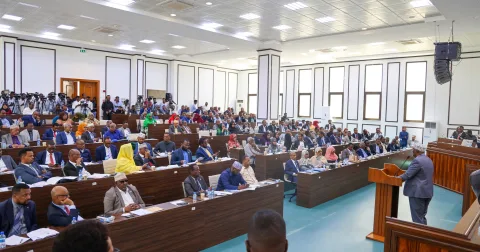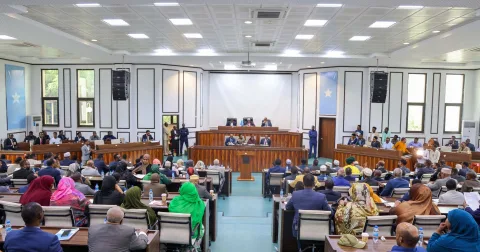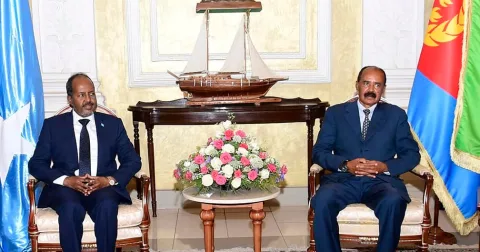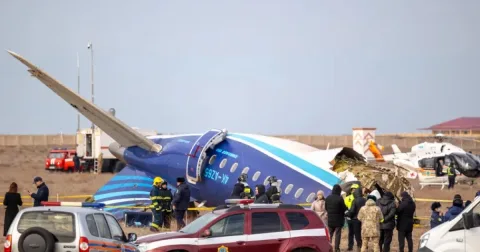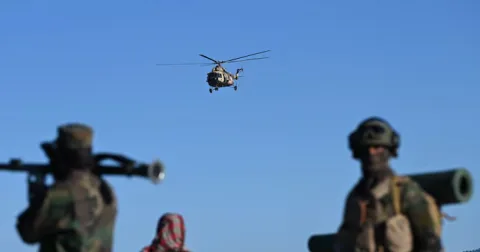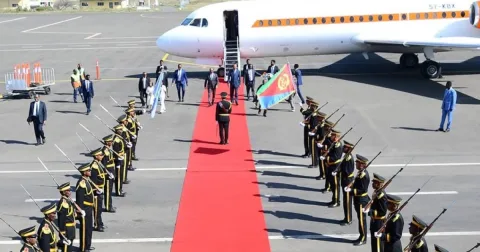In a move that underscores America’s position amid a simmering diplomatic row in the Horn of…
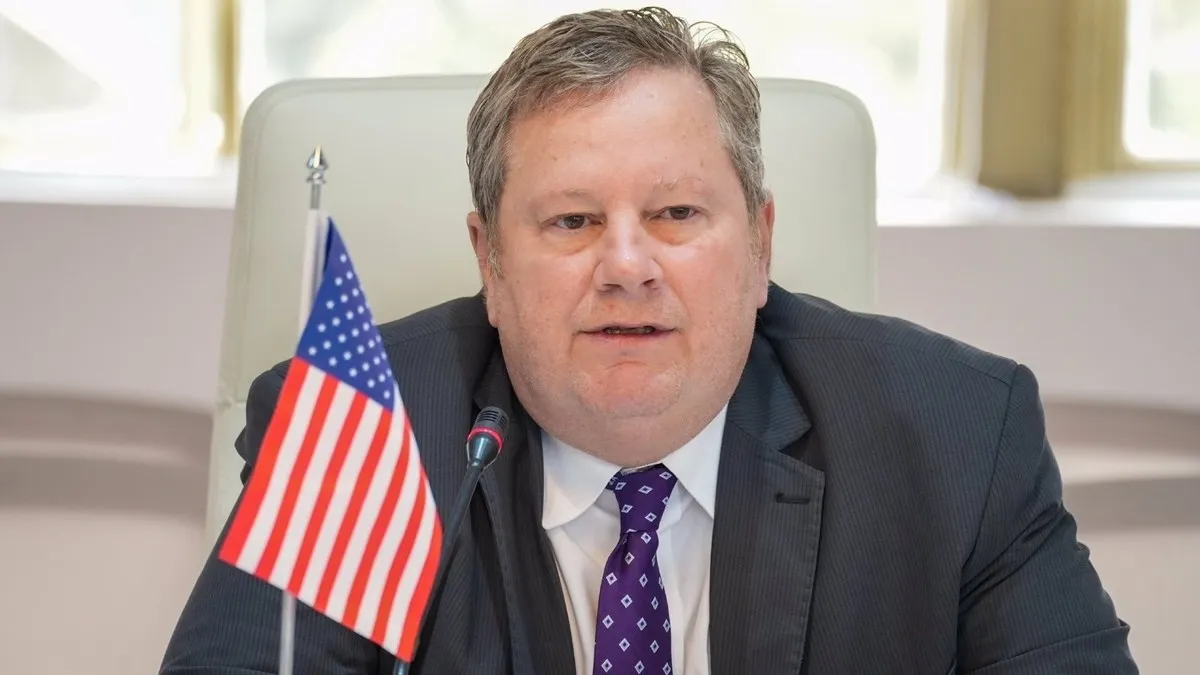
In a move that underscores America’s position amid a simmering diplomatic row in the Horn of Africa, U.S. Special Envoy Mike Hammer reiterated the United States’ support for the territorial integrity and sovereignty of the Federal Republic of Somalia. Speaking at the 42nd Extraordinary Assembly of IGAD Heads of State and Government in Kampala, Hammer unequivocally recognized Somaliland as part of Somalia – a noteworthy stance given the sensitive backdrop of an ongoing Memorandum of Understanding (MoU) between Ethiopia and Somalia.
The MoU has been a contentious issue, perceived by Federal Goverment of Somalia, as a potential infringement on Somalia’s territorial integrity. The contentious deal revolves around a coastal strip in Somaliland and has been a catalyst for escalating tensions between Ethiopia and Somalia. The diplomatic tug-of-war has also cast a long shadow over the region’s stability and compounded humanitarian crises.
The U.S. Intervention
Hammer’s statement, delivered at the IGAD summit, reaffirms the U.S. government’s support for Somalia’s sovereignty and territorial integrity within its 1960 borders. By doing so, the U.S. has not only marked its stand but has also called for de-escalation and dialogue between Ethiopia and Somalia.
Somaliland and the Geopolitical Landscape
The explicit recognition of Somaliland as part of Somalia by the U.S. Special Envoy is a significant move in the current geopolitical context. It visibly underscores the U.S. position on the matter, reaffirming its stance amid the ongoing diplomatic dispute. This reaffirmation lends weight to the call for maintaining the sovereignty, unity, and territorial integrity of Somalia, proving once again that the U.S. continues to be a major player in shaping the narrative in the Horn of Africa.
Impact and Implications
Hammer’s statement is likely to have a significant impact on the ongoing diplomatic row between Ethiopia and Somalia. It could potentially serve as a catalyst for dialogue and de-escalation, paving the way for a peaceful resolution to the conflict. Additionally, the U.S.’s reaffirmation of its support for Somalia’s territorial integrity is likely to be welcomed by the Somali government and its people.
However, it is important to note that the situation remains complex and fluid. The long-standing tensions between Ethiopia and Somalia are unlikely to be resolved overnight. The MoU between Ethiopia and Somaliland remains a contentious issue, and it is unclear whether either side is willing to back down. Nevertheless, Hammer’s statement is a positive development that could potentially help to move the region towards a more peaceful future.
It is also important to consider the potential implications of the U.S.’s position on Somaliland. While the U.S. has not formally recognized Somaliland as an independent state, its recognition of Somaliland as part of Somalia could be seen as a setback for Somaliland’s independence aspirations.
Horseed Media
